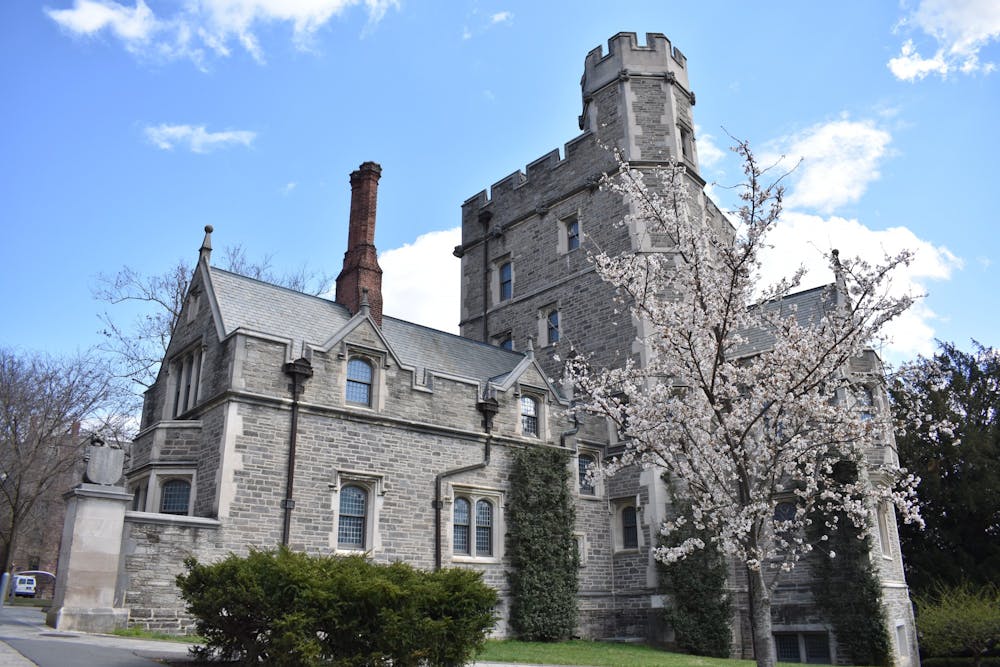To the Editor:
Lucia Wetherill’s April 6, 2022 opinion piece, “The case for lifting up instead of weeding out in Princeton’s pre-med classes,” in The Daily Princetonian lamented a “weed out” culture in the STEM courses required for admission to medical school, one she warns can derail the career aspirations of students from groups historically under-represented in medicine (URiM). Wetherill cites trends on college campuses writ large, as well as her personal observations about the rigor and pace of these introductory courses at the University.
True, these courses proceed quickly in our teaching term and the national lack of physicians from underrepresented backgrounds must be addressed. But additional context about Princeton’s URiM applicants to medical schools tells an encouraging story.
At Princeton, URiM applicants persist in their pre-health pursuits at the same rate as their non-URiM peers. They also consistently engage at high levels with the University’s numerous advising and support resources, including the Health Professions Advising (HPA) office, which works with students throughout all four years and beyond to plan their courses and co-curriculars, to troubleshoot difficulties, and to navigate the medical school application process. Rather than succumb to defeat, our students embrace a growth mindset, develop and adjust their study strategies and time management skills, and stay grounded in the values of service to others and maintaining a work-life balance.
As a result, Princeton’s percentage of aspiring doctors from URiM backgrounds applying to medical school slightly exceeds the percentage of URiM medical school applicants nationally. Our pre-med students are also admitted to medical school at rates more than twice the national average. More importantly, from conversations with our alumni, because of the rigor of our pre-health courses, they feel well prepared for the amount and rigor of the material they encounter in medical school.
This is not to suggest that the University’s aspiring health professionals do not face obstacles or that faculty, advisers, students, and alumni cannot continue to improve how we support the pre-health student population. But our current level of support should be encouraging. Alumni offer Princeton Internships in Civil Service (PICS), Princeternships, and the Academic Clinical Experience Summer (ACES) sophomore early assurance program; students spearhead organizations like the Black Pre-Med Society and Princeton Peer Nightline (co-founded by pre-health students); pre-health students and administrators work together in successful initiatives like the HPA Peer Advisers and Jock Docs, McGraw Learning Consultants, the Scholars Institute Fellows Program (SIFP), and the Carl A. Fields Center Princeton University Mentoring Program (PUMP). These are just a few examples of the culture of support that helps pre-health students persevere through difficult academic and social transitions.
Wetherill is right to highlight the challenges that students who are “weeded out” in STEM courses face in the larger landscape of higher education. But Princeton’s data tells a much more encouraging story about supporting and mentoring students from URiM backgrounds on their way to careers in medicine. Ours is a culture of “lifting up” that extends far beyond the classroom.
Kate Fukawa-Connelly is the Director of Health Professions Advising in the Office of the Dean of the College. Rebekah Peeples is the Associate Dean for Curriculum and Assessment in the Office of the Dean of the College.








